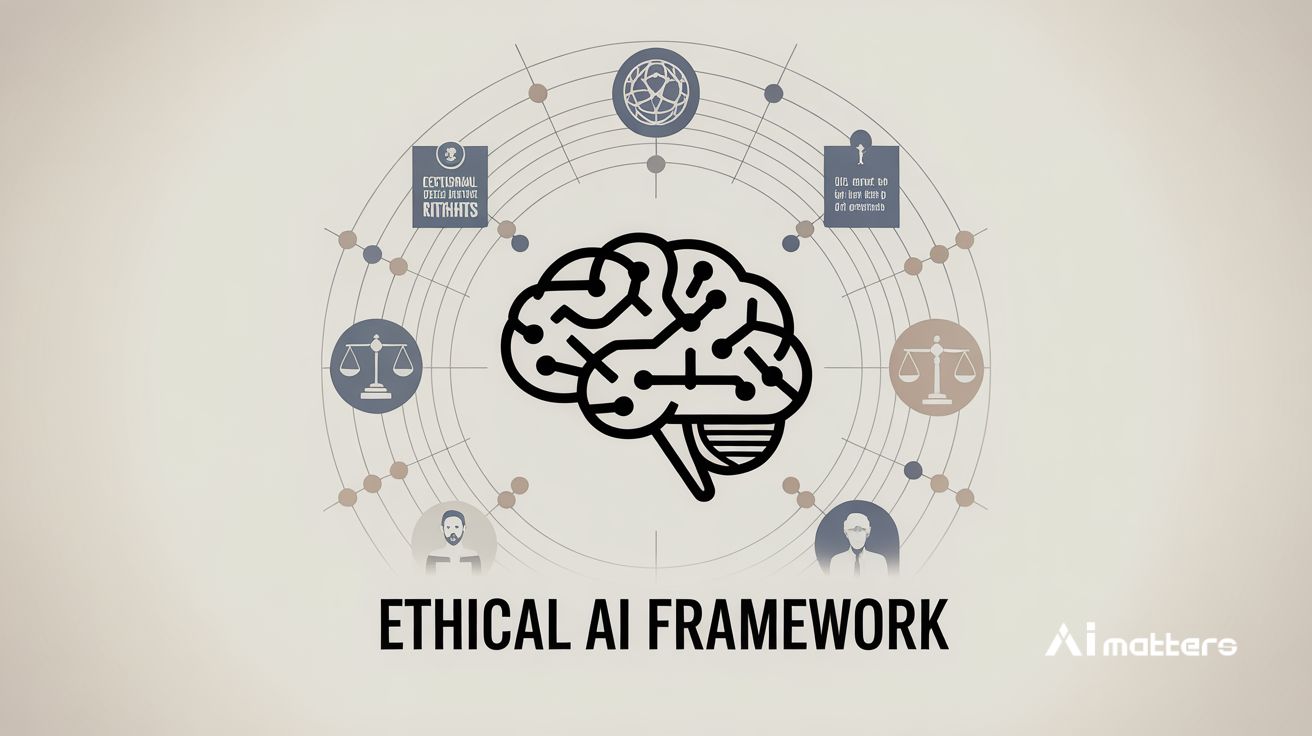Global Divergence on AI Governance: How South Korea is Shaping a Human-Centric Digital Future
As generative AI tools like ChatGPT reshape the digital landscape, countries around the world are scrambling to develop ethical and legal frameworks to manage their deployment. South Korea’s National Information Society Agency (NIA) has released its 2025 Digital Norms Issue Report, offering a comparative analysis of international AI regulation trends and emphasizing the need for inclusive digital governance.
According to the report, generative AI has found applications in sectors ranging from education to healthcare and legal services. However, it has also triggered an upsurge in misinformation, ethical dilemmas, and labor market disruptions. In North America, the spread of fake news and AI-generated images has highlighted the urgent need for stronger regulatory oversight to maintain trust in digital information. Meanwhile, Europe is witnessing a surge in demands for worker protections amid the expansion of gig economy platforms driven by automation.
A central concern emerging from the use of generative AI is data privacy. While the EU’s General Data Protection Regulation (GDPR) is widely regarded as a gold standard, the pace of AI advancement suggests it may require updates to remain effective.
South Korea’s Post-AlphaGo Journey: Ethics as a Foundation
Following the historic 2016 Go match between Lee Sedol and AlphaGo, South Korea has actively adapted to rapid AI advancements. In 2019, it introduced its “National AI Strategy”, positioning “human-centric AI” as one of its three core pillars. The subsequent 2020 National AI Ethics Guidelines laid down 10 key requirements—including respect for human dignity, privacy protection, and diversity—based on three foundational principles: humanity, social good, and technological purpose.
In 2021, South Korea further outlined its “Trustworthy AI Strategy,” promoting voluntary compliance with ethical standards among private companies. In 2023, it unveiled the Digital Bill of Rights, an evolution of the New York Initiative originally proposed at NYU’s Digital Vision Forum. This bill defined five guiding principles: protection of freedom and rights, equitable access and opportunity, safety and trust, digital innovation, and human welfare.
Philosophical Divide: Europe, the U.S., and South Korea
Research from Oxford University, Demos, the University of British Columbia, and the University of Toronto indicates stark differences in national approaches to digital norms. The European Union emphasizes stringent regulation centered on human rights and fairness, exemplified by the GDPR and AI Act. North America, in contrast, favors a market-driven approach prioritizing innovation and personal responsibility.
South Korea is taking a government-driven approach that emphasizes inclusivity, equitable access to public data, and safeguards for those left behind in the digital transition. The report stresses that harmonizing these divergent philosophies requires global cooperation through platforms such as the OECD AI Principles, the G20 Digital Economy Task Force, and UNESCO’s AI Ethics Recommendations.
Bridging the Digital Divide: Access and Equity Challenges
Despite technological advances, digital inequality remains a pressing issue. The report cites International Telecommunication Union (ITU) data showing 2.6 billion people lacked internet access in 2023, with a digital accessibility gap more than 20-fold between low- and high-income countries. In South Korea, only 30% of seniors use digital devices, compared to over 90% among younger populations.
This digital gap has severe repercussions. For instance, during the COVID-19 pandemic, many students without online access fell behind academically. Likewise, elderly and disabled individuals unable to use digital tools face growing social isolation. The report argues that addressing digital exclusion is essential to promoting fairness, economic inclusion, and trust in digital systems. It advocates for enhanced infrastructure, inclusive policies, digital literacy programs, and public-private collaboration.
The Clearview AI Case and the Ethics of Training Data
The effectiveness and fairness of AI systems heavily depend on the quality and transparency of their training data. Current models often rely on biased or incomplete datasets, leading to ethical and reliability concerns. For example, medical AIs trained predominantly on data from white male patients have misdiagnosed symptoms in women and minority groups. Data labeling errors further degrade AI performance.
When training data is sourced unethically or illegally—as exemplified by Clearview AI’s unauthorized scraping of online images—data integrity and ethical standards are compromised. The NIA report calls for diverse, transparent, and regularly audited datasets to ensure fairness. It asserts that combining international cooperation with technical innovation is crucial to building trustworthy AI systems.
FAQ
Q: What are the key ethical concerns emerging from the proliferation of generative AI?
A: The rise of generative AI has sparked significant ethical challenges, including the erosion of information credibility through fake content, the unauthorized use of personal data that infringes on privacy rights, and biased outcomes stemming from unrepresentative training data. Addressing these issues requires ethical standards that reinforce transparency, fairness, and accountability in AI development and deployment.
Q: How does South Korea’s Digital Bill of Rights differ from those of other countries?
A: South Korea’s Digital Bill of Rights reflects a government-led and inclusive approach. Unlike market-driven models, it focuses not only on ensuring freedom and rights but also on expanding access to public data and protecting digitally marginalized groups. The framework aims to harmonize technological innovation with social values in a balanced manner.
Q: What are the key strategies to prevent bias in AI systems?
A: Mitigating AI bias involves securing diverse and representative training data, ensuring transparency in data collection and labeling processes, conducting regular audits of algorithms, and adopting explainable AI (XAI) technologies to make decision-making processes more interpretable and accountable.
The full report referenced in this article is available from the National Information Society Agency (NIA) of South Korea.
Image generated with Ideogram.
This article was created using ChatGPT and Claude.




![[AI 시대 마케팅 대전환] 클릭은 죽었다. AI의 인용이 곧 트래픽이다.](https://aimatters.co.kr/wp-content/uploads/2025/06/AI-Matters-기사-썸네일-1.jpg)
![[WWDC25] 애플, 인텔리전스 대폭 강화… 개발자에게 온디바이스 AI 모델 개방](https://aimatters.co.kr/wp-content/uploads/2025/06/AI-Matters-기사-썸네일-Apple-Intelligence.jpg)